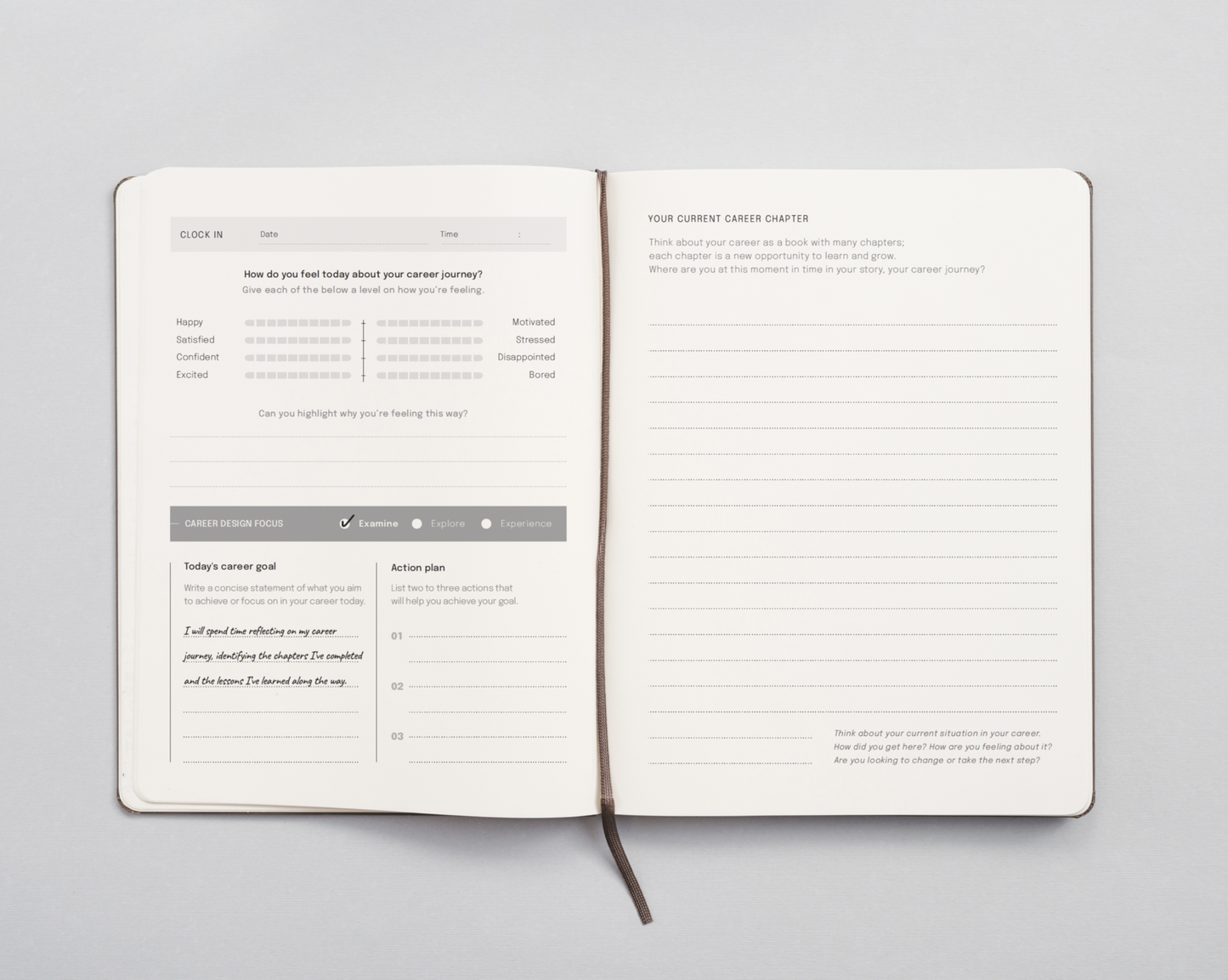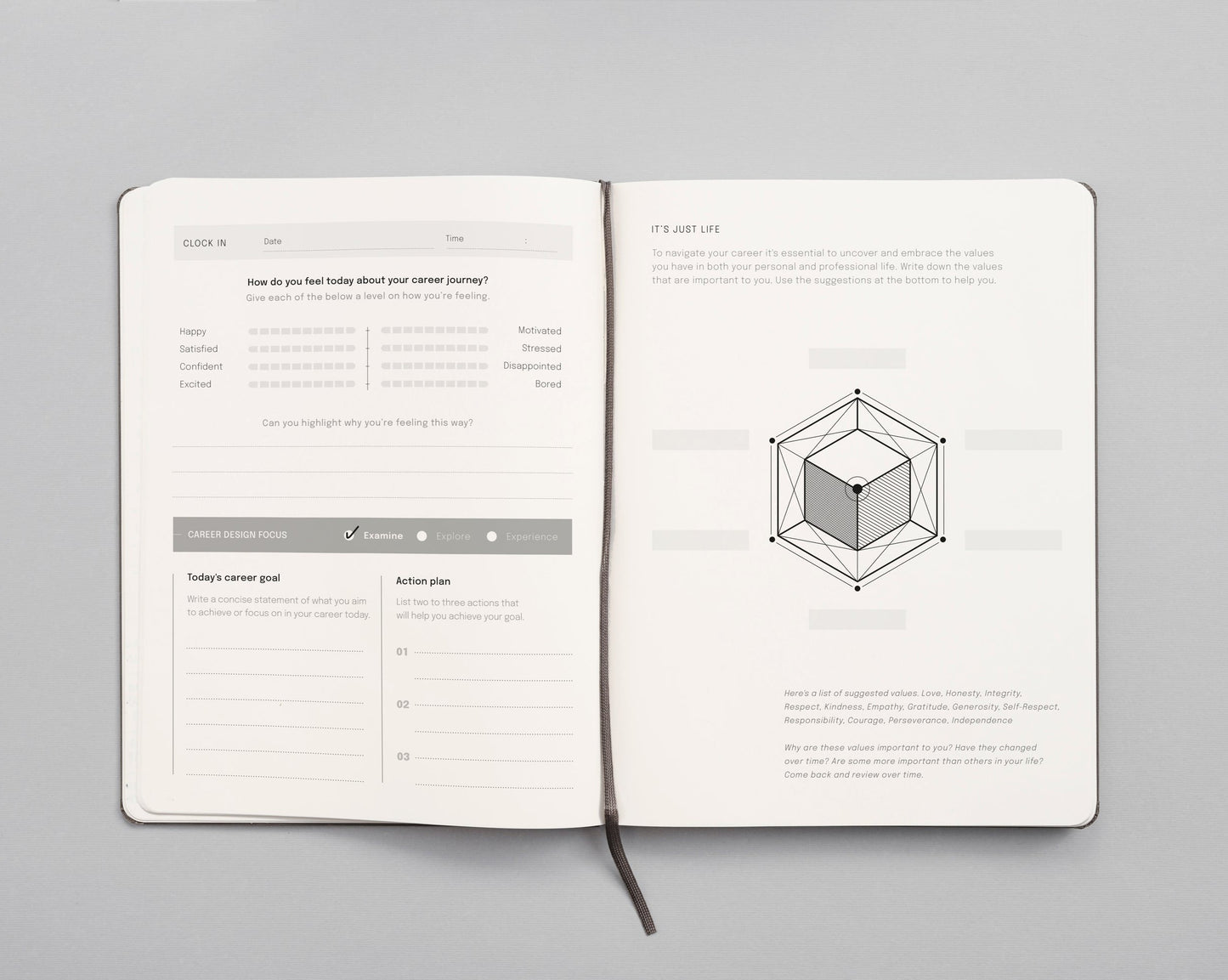In the rush of daily responsibilities and career demands, it can feel like we're always playing catch-up. Deadlines, meetings, and to-do lists pile up, leaving little time for the things that truly move the needle in our personal and professional lives. But what if the key to thriving amidst the chaos isn't doing more, but doing the right things consistently?
Building habits that stick is the secret to creating lasting success and reducing the overwhelm. It’s not about adding more to your plate, but about establishing routines that simplify your day and support your long-term growth. Let’s explore how you can develop habits that not only stick but propel you toward greater productivity, well-being, and achievement.
Why Habits Matter
Habits are the backbone of daily life. According to research by Dr. Charles Duhigg in his book The Power of Habit, about 40% of the actions we perform every day are habitual. That means we spend a significant portion of our time on autopilot, which can be either productive or counterproductive, depending on the habits we’ve developed.
For busy professionals, this is both a challenge and an opportunity. If you have the right habits, they can help you stay organized, focus on what matters, and ultimately drive your career forward. If not, you may find yourself constantly struggling to stay on top of your workload, feeling drained, or losing sight of your long-term goals.
The Science of Habits
Before diving into how to build habits that stick, it's helpful to understand how habits form. Habits follow a simple loop: cue, routine, reward. A cue triggers a behavior (the routine), which leads to a reward that reinforces the behavior, making it more likely to happen again.
For example, if you set a goal to exercise each morning, the cue might be setting an alarm (or leaving your workout clothes out the night before), the routine is the actual exercise, and the reward is the boost of energy and a sense of accomplishment you feel afterward. The more you repeat this loop, the stronger the habit becomes.
Practical Strategies for Building Habits That Stick
1. Start Small and Build Gradually
One of the biggest mistakes people make when trying to build new habits is starting too big. You’re eager to improve, so you jump in with grand plans. But this often leads to burnout. Instead, start small and focus on one habit at a time. For example, if you want to read more to improve your knowledge, begin with 10 minutes each day, rather than committing to an hour. Once that feels natural, you can increase the time.
2. Make Habits Easy to Start
The more friction there is to starting a habit, the harder it will be to stick with it. Eliminate barriers that might prevent you from following through. If your goal is to eat healthier, prep your meals the night before so it’s easy to grab a healthy lunch in the morning. If you want to meditate, create a designated space where you can sit quietly for a few minutes each day. Reducing the effort required to get started can make a huge difference.
3. Use Triggers to Reinforce Your Habits
Linking your new habit to an existing routine can help it stick. This is called “habit stacking.” For instance, if you already have a habit of drinking coffee each morning, use that as a trigger to do something else you want to start doing, such as reviewing your goals for the day. By stacking your new habit on top of something you already do regularly, you make it easier to remember and implement.
4. Track Progress and Celebrate Wins
Tracking your progress can keep you motivated and help reinforce your habits. Use a journal, an app, or a simple calendar to mark off each day that you successfully stick to your habit. Celebrating small wins is important, too. Whether it's acknowledging a week of consistent action or rewarding yourself with a treat, these moments of recognition reinforce the behavior and make it feel rewarding.
5. Be Patient and Flexible
Habits take time to form—on average, it takes about 66 days for a new behavior to become automatic, according to research from the University College London. Be patient with yourself, and don’t get discouraged if you slip up. Instead, view setbacks as opportunities to learn. Flexibility is key. If something isn’t working for you, tweak your approach instead of abandoning the habit altogether.
Building Habits for Career Success
Let’s look at some examples of habits that can drive both personal and professional growth:
• Prioritize your to-do list each morning to stay organized and focused on your most important tasks.
• Set aside time for continuous learning to keep your skills sharp and stay competitive in your industry.
• Practice regular self-care to maintain your mental and physical health, which will help you perform at your best.
• Develop a habit of networking to build meaningful connections that can support your career growth.
By incorporating these habits into your routine, you not only make daily life more manageable but also create a foundation for long-term success.
For mid-career professionals, the path to success isn’t about working harder but working smarter. Building habits that stick allows you to streamline your daily routine, increase productivity, and reduce stress. By starting small, tracking progress, and adjusting when necessary, you can create sustainable habits that support your personal and professional growth.
Remember, the key is consistency, not perfection. Stick with it, and soon you’ll see how these small changes add up to big results in your career and life.








